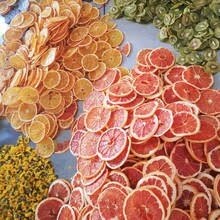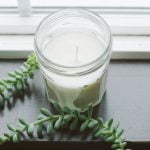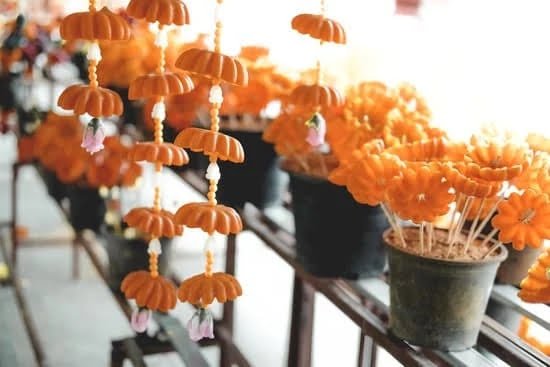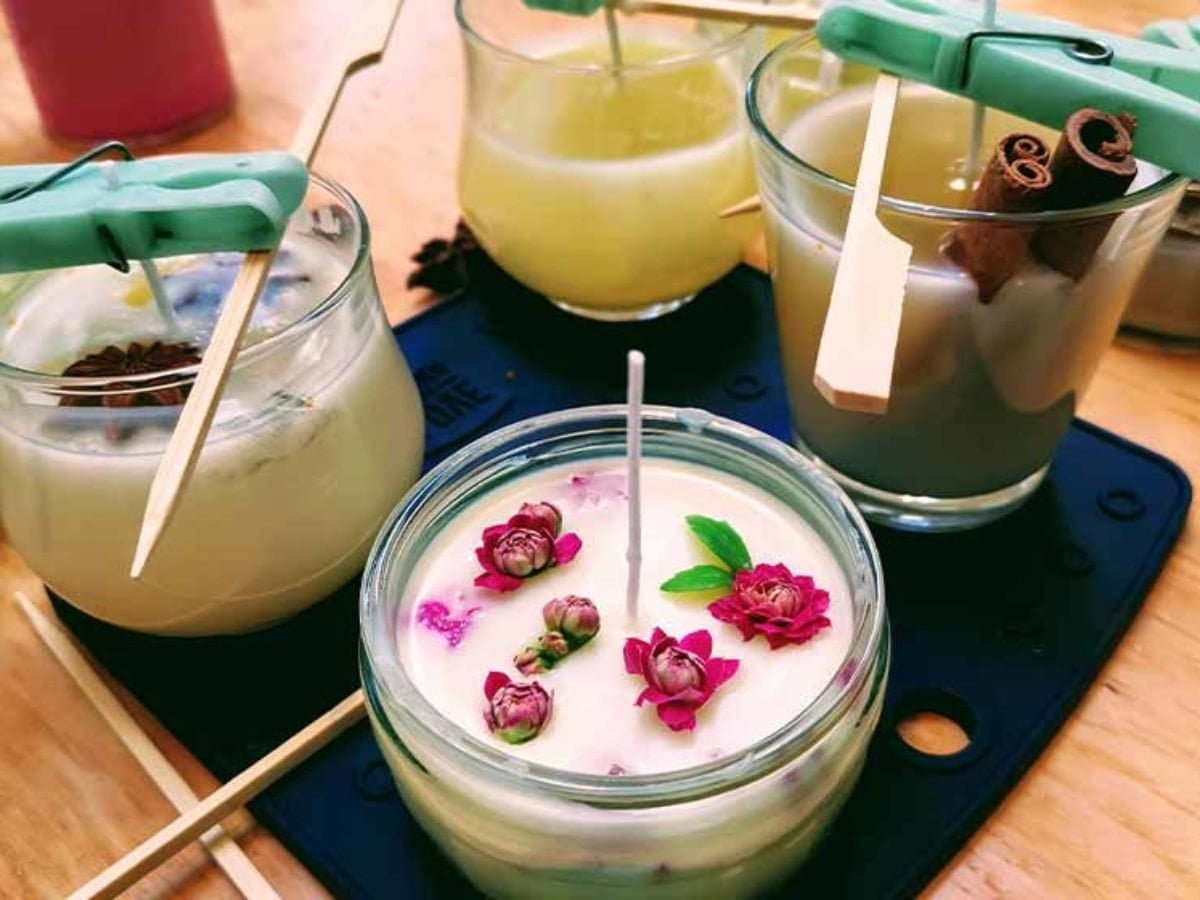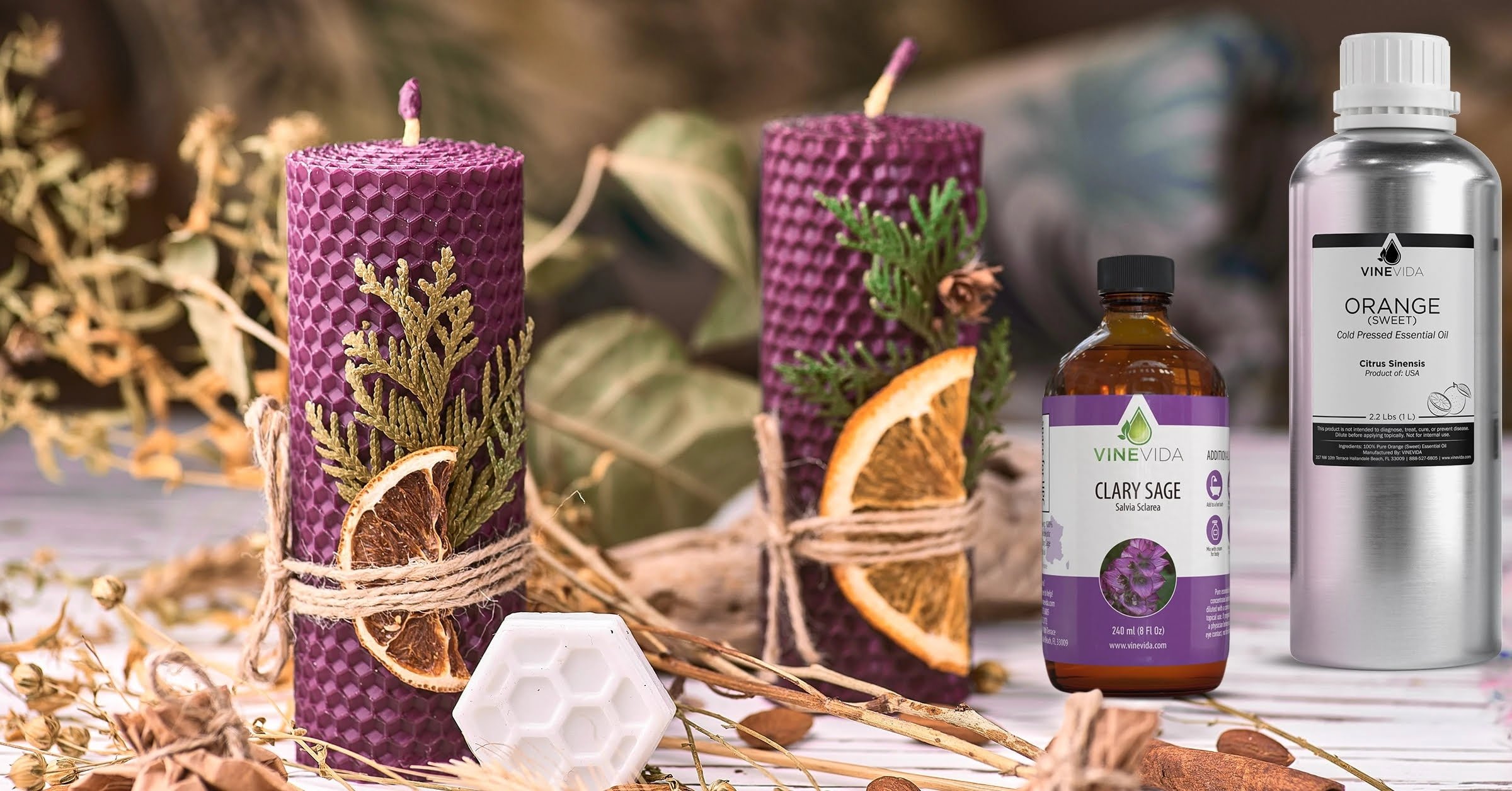Introduction
The origins of Christmas Candle making date back centuries. While the exact source of the tradition is unknown, it become a popular practice among European cultures long before Christianity was introduced to their lands. People would create elaborate candles by carving intricately designed shapes into them and adding colorful decorations. These handmade candles were meant to signify hope during the yuletide season and also served as a means of celebration and joy during the festival. Later on, when Christianity became popular in Europe, these same candleholders were used to represent different figures of Jesus’ birth which eventually gave way for more spirited Christmas decorations and crafts. Today, lighting up Christmas Candles is still an incredibly important part of traditional customs, especially in churches where they are lit throughout cultural events like Christmas Eve Mass or Midnight Mass. For some families, celebrating Christmas without decorating a Christmas Tree or hanging beautiful Handmade Candles from windows is inconceivable.
Getting Started
When considering which wax type to use for your Christmas candle making project, it’s important to think about your needs and goals. First off, what are some basic wax types? Paraffin wax is the most common general-purpose candle-making wax and is made of petroleum. It has a low melt point, burns slower and can create strong scents. Soy wax is an all-natural alternative derived from soy beans that results in a cleaner burn than paraffin with no soot residue. Beeswax is non-toxic but more brittle than the other two waxes mentioned. Irrespective of your chosen candle making style, any of these three main types of wax can be used.
The next crucial factor to consider when starting your Christmas candle making project is choosing the best type of wax for your candles. Each type of wax will have a slightly different feel and appearance when finished so it’s wise to take this into account when selecting which option is right for you. Depending on the size and shape of container you’re using, different types may be better or worse in terms of adhesion. In addition, looking at the melting point and its effect on fragrances can help guide your selection process – too low or high means aromas become either weak or distorted respectively. Finally make sure to pick quality materials – cheaper options like grocery store paraffin tend to easily discolour candles while also having lower melting points.
Making the Wax Base
Making your own Christmas candles is a great way to add some personal touches to your holiday decorations. There are various types of wax bases used for making various types of Christmas candles, including traditional paraffin wax, soy wax, beeswax, and palm wax. Depending on the type of candle you would like to make and the scent you would like it to have, you can experiment with different waxes or even combine them together.
Paraffin wax is a petroleum-based product that has a low melting point and usually comes in solid form. The most popular type is the white “pillar” or “votive” called Paraffin 464 with maximum melt point of 120 degrees Fahrenheit. This type of wax gives off a good scent throw and produces strong pillars when molded into shape. Soy components such as soy flakes or soy chips are made from hydrogenated vegetable oil and contain an all-natural additive for stability and burning performance, which makes them less likely to discolor or drip excessively. Beeswax is made from extracting the honeycomb from beehives and melting it down into blocks; it’s often used in combination with paraffin for more solid tears and longer burning time. On its own, beeswax can give off a natural scent that comes from the beehive itself while adding a warm feel to your decorative displays. Finally, palm wax is a solvent-free renewable resource that mixes easily with other kinds of waxes making it perfect for customizing color or fragrance combinations; once melted, palm wax tends to produce impressive crystalline patterns during cooling allowing you create unique looking Christmas candles!
Customizing the Candles
When making Christmas candles, there are many ways to customize them for a festive touch. For instance, you can decorate the jar with festive designs by dripping or brushing melted wax onto the glass in intricate patterns. You can also add glitter or sparkles to give your candle a glittery touch. Pine cones, cinnamon sticks, and other holiday decorations such as stars and holly berries make wonderful additions to Christmas candles and give them that special holiday sparkle. Add different fragrances to your candles according to their season – like peppermint or spruce smell for winter, citrusy scents for spring –so that your candles evoke a certain feeling and bring Christmas cheer into your home. Place votive candles in mason jars with ribbon bow ties around the rim to create colorful centrepieces; they will cast an inviting glow while adding beauty to your décor. Twine Christmas tree branches together with ribbons and bows then place them in hurricane vases or other tall containers filled with water for a stunning display. Finally, personalize the candles with the name of each family member whose home is being decorated to make it even more special!
Finishing Tips
Once your Christmas candles are complete, you can choose a scent or combination of scents to add an extra layer of fragrance. Essential oils are a great way to go, as the natural ingredients release the perfect aroma with safe concentrations of oil. You can customize your scent, mix and match different combinations, and make your own unique blend. Be sure to only use oils that are specifically labeled for candle-making as some are not suitable for burning due to their concentration levels. Additionally, you can use dried herbs or wax cubes with added fragrances as well as dyes to give your candles an even more special finish. Finally, never leave an unattended lit candle in a room without proper ventilation, and always trim the wick before lighting it so that it doesn’t get out of control. With these finishing touches, you will end up with the perfect handcrafted Christmas candles just in time for the holiday season!
How to Make Your Home Smell Like Christmas
Making your own candles is a great way to add the scent of Christmas to your home! Candles are an extremely popular Christmas-time decoration and they can give off a comforting, festive aroma throughout the house. Whether you’re looking for strong, sweet scents or something more subtle and natural, creating Christmas candle fragrances with natural alternatives is easy.
You will need some all-natural wax, candles wicks, essential oils for scenting the candles, and glassware or containers that will be used to hold your candles. Once you have obtained all of these items, it’s time to start making your homemade Christmas candle masterpieces!
To create a specific smell from essential oils, it is best to experiment with different combinations until you find one that creates the perfect fragrance. Some popular scents for wintertime include cinnamon, frankincense, sage, orange and spruce. Use around 10 drops of each oil per 8 ounces of melted wax when creating your own richly-scented candles. For a hint of sweetness in your festive candles try adding vanilla or almond oil as these tend to enrich any blend.
Add some dried herbs such as cinnamon sticks or bay leaves into the melted wax before pouring into the containers of choice and top them up with 2-3 drops of corresponding essential oil at the end – this will make sure that your homemade candles will smell as fresh as if it were just made! Remember that buying pure essential oils with therapeutic benefits can ensure that your holiday season is extra special and healthy too!
Safety First
Making Christmas candles can be a fun and rewarding activity. But it is important to remember that working with fire, wax and other dangerous materials carries risks, so safety must come first. Here are some rules and best practices everyone should follow when making Christmas candles:
1. Make sure you are in an adequately ventilated area when working with hot wax or burning wicks. This will help ensure any fumes emitted from the heat sources do not build up and become hazardous.
2. Do not leave burning candles unattended, especially in a crowded area where a fire could easily spread if it gets out of control. Also, never fall asleep with a candle burning as this can lead to accidental fires or burns on one’s skin or clothing.
3. When making multiple candles at once, use several different pots instead of trying to melt larger quantities of wax together in one pot as this can become unstable and dangerous quickly.
4. Wear protective gear while making candles such as gloves and eye protection in case hot wax splatters during pouring or stirring, which is common but can lead to serious injury if not handled properly.
5. Be aware of your surroundings when moving around with lit candles as they can easily start fires if placed too close to combustible items like curtains, carpets and furniture fabric – where even minor sparks falling off of them could cause significant damage.
6. Exercise caution while putting finished candles out as hot wax can remain on them for some time after extinguished, meaning it could still burn skin upon contact until completely cooled off (which could take an hour).
Conclusion
Making your own Christmas candles has many benefits. It not only allows you to personalize the candles to fit your overall Christmas decorations, but it also saves you money compared to purchasing pre-made candles at a store. The process of making the candles can be a great way for families to come together and bond, as people of all ages can take part in the activity. Additionally, candle making is a creative outlet that allows you to express yourself and make something completely unique from scratch. The satisfaction of seeing the completed Christmas candles is also an added perk of going through the candle-making process. At the end of it, whether for yourself or for others, you have created something beautiful and meaningful that will last for years!

Welcome to my candle making blog! In this blog, I will be sharing my tips and tricks for making candles. I will also be sharing some of my favorite recipes.

